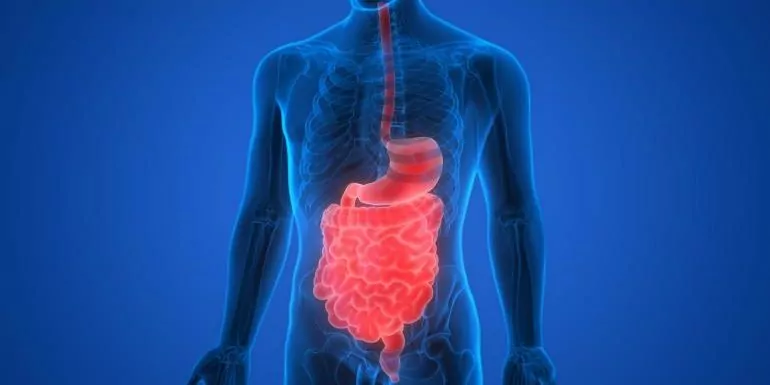Digestive health used to be a taboo topic, but the times they are a-changin’. NMI’s 2019 Supplements/OTC/Rx Consumer Insights & Trends report revealed 46% of consumers managing digestive problems are using supplements to do so, reflecting 52% growth from 2011 to 2018. In fact, the market research firm named digestive health among 2019’s top trends.
Probiotics deserve kudos for the years it took to educate and penetrate the market. They paved the way for simple conversations around yogurt and fermented food and beverages contributing to “regularity,” to more sophisticated messaging on the key role of the microbiome in overall well-being. Probiotics also opened the door for a range of ingredients, including prebiotics/fiber, postbiotics and digestive enzymes—some of which are just starting to gain momentum.
Although the market is ready for new offerings, brands must be thoughtful in their approach. “With digestive health gaining more popularity by consumers, many me-too products on the market are popping up, where formulations are simply copied and do not offer either a true unique point of differentiation, or nutrients in levels that have been supported in science to actually have a true benefit to the user,” noted Kara Landau, founder at Uplift Food. The nutrition advisor to the Global Prebiotic Association added, “I always recommend brands think about how their products can be developed with a unique spin to ensure they have a strong message that speaks to consumers, as well as one that incorporates ingredients in levels that can really bring about a positive effect on either digestive or gut health.”
To her point, a 2017 review pointed out only 5% of adults consume the recommended level of dietary fiber—and that although fiber supplements appear to provide a concentrated, convenient source of fiber, most do not provide the health benefits associated with it (J Am Assoc Nurse Pract. 29[4]:216-223). The review authors noted, “Not all fibers provide a laxative effect or regularity benefit, and some can even be constipating.”
Read The Full Article HERE







